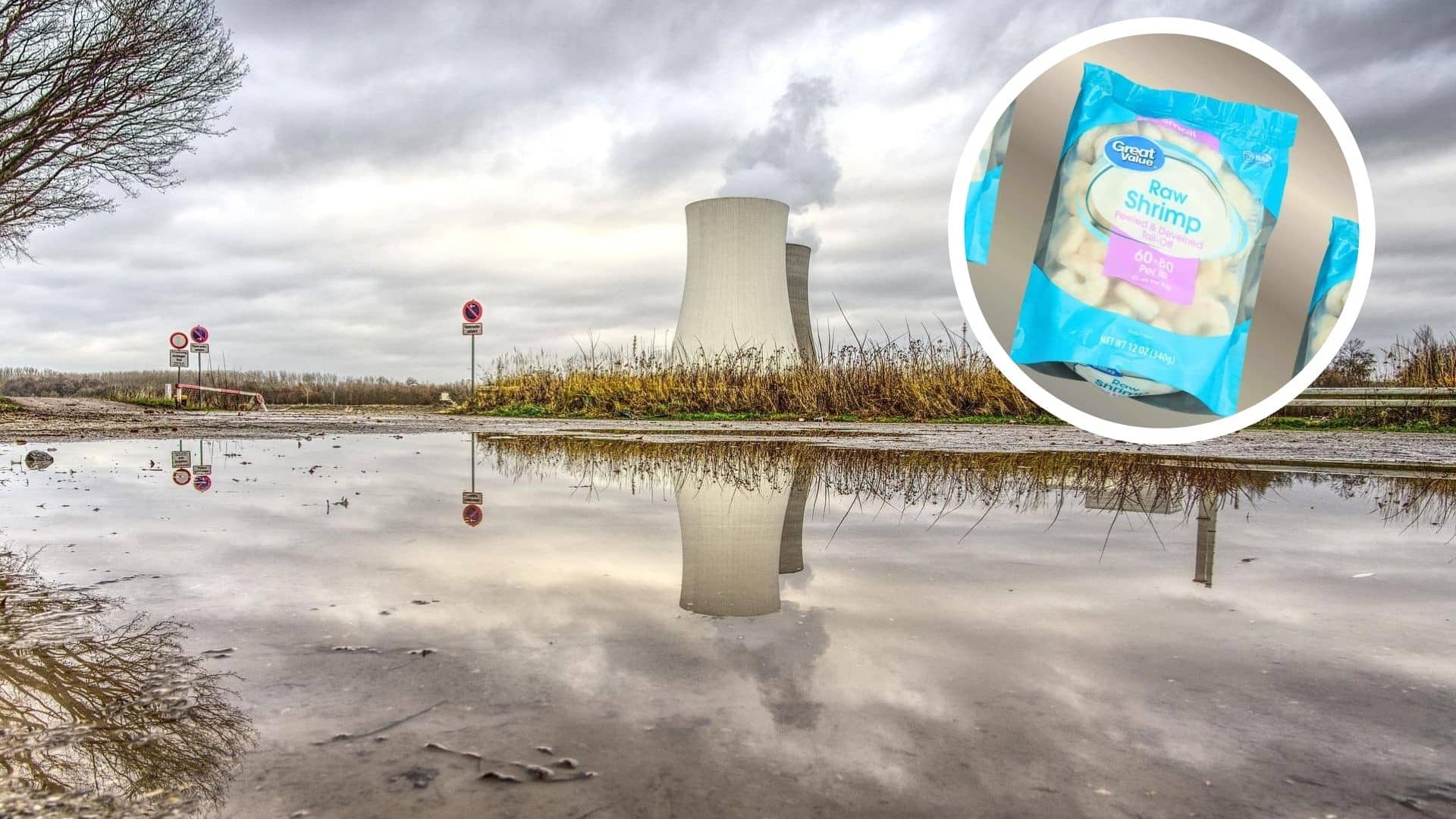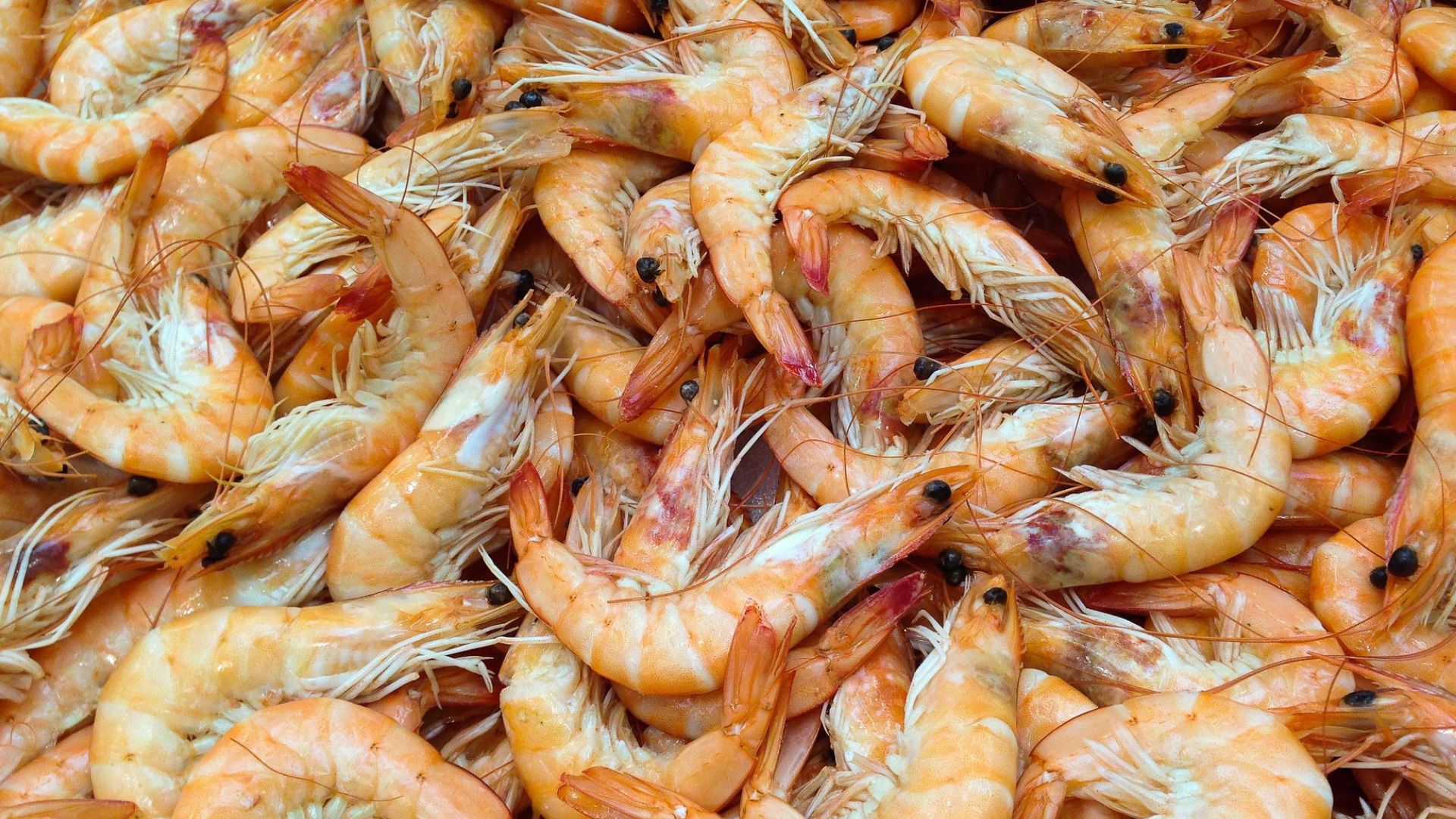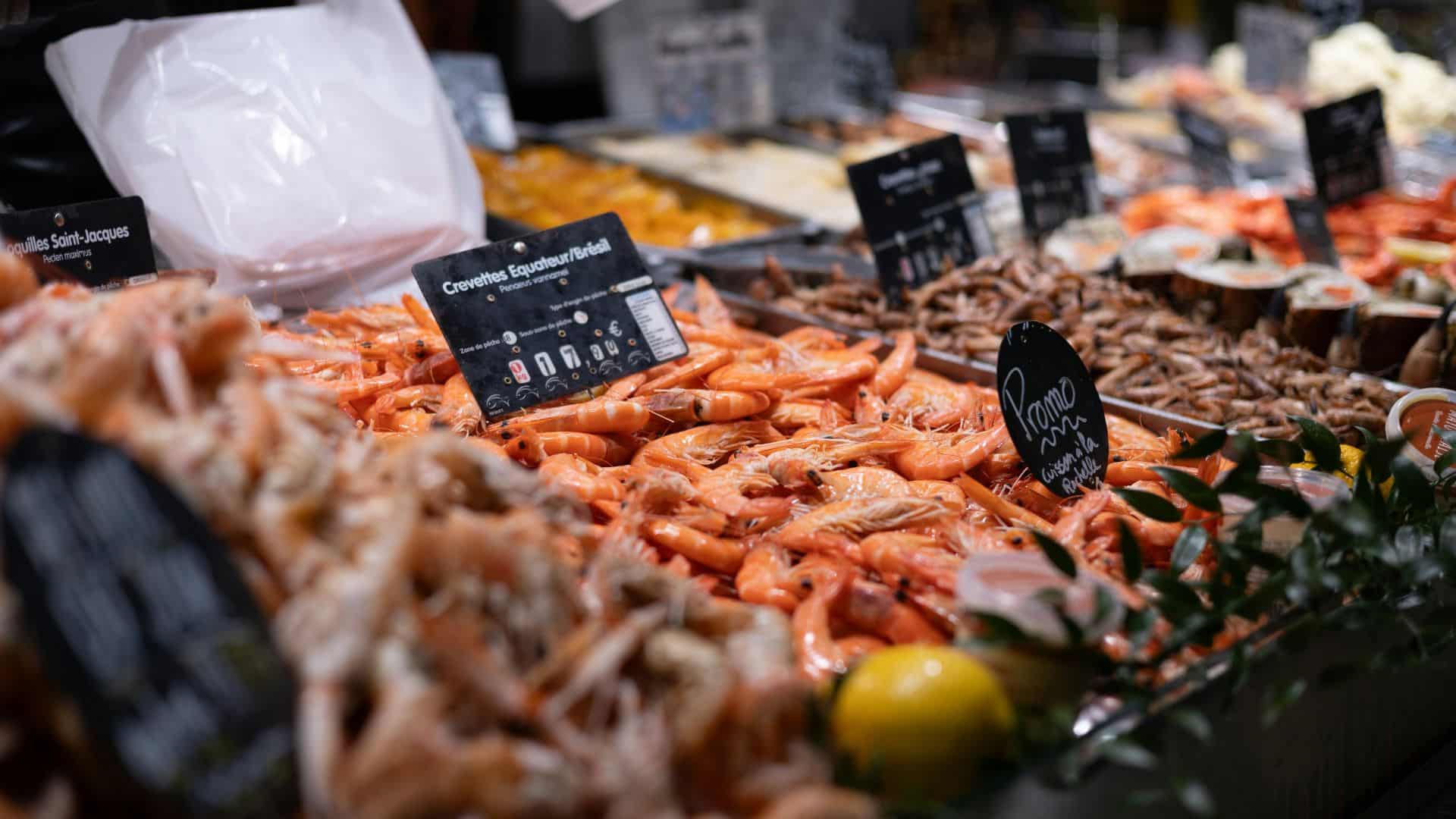Radioactive Contamination Prompts Another Frozen Shrimp Recall


The U.S. Food and Drug Administration (FDA) has issued another seafood recall, this time involving frozen raw shrimp imported by Aquastar Corp. The move follows ongoing concerns about possible radioactive contamination found in certain imported seafood products. Consumers are urged to stay alert to the latest updates as the investigation continues.
A growing concern for seafood safety

The recall of Aquastar’s frozen shrimp is part of a larger pattern of food safety alerts that have surfaced in recent months. Regulators have been tracking a series of similar incidents, each underscoring the importance of tighter oversight in global seafood trade.
Details of the recalled products

According to the FDA, the affected shrimp were distributed under multiple brand names, including AquaStar, Best Yet, Waterfront Bistro, and Publix. Each product listing and lot number is now available on the FDA’s official recall page for consumers to verify before consumption.
Potential source of contamination

Authorities believe the shrimp may have been exposed to cesium-137, a radioactive isotope linked to nuclear fission. While no traces have been confirmed in the specific Aquastar batches, the precautionary recall was initiated to minimize any health risks.
Understanding cesium-137

Cesium-137 can enter food chains through contaminated environments, often as a result of industrial or nuclear incidents. Prolonged exposure to this element has been associated with an increased risk of cancer and tissue damage, making preventive measures essential when potential contamination is suspected.
Imported seafood under review

The recalled shrimp were sourced from Indonesia, where processing and packaging conditions are now under review. This incident has intensified federal scrutiny over how imported seafood is handled before reaching U.S. markets.
Previous incidents prompting action

Earlier this year, similar shrimp recalls were announced for products sold in major retail chains such as Kroger and Walmart. These repeated cases have led regulators to revisit inspection protocols and demand more transparency from suppliers abroad.
Impact on consumer confidence

Recurring safety warnings have made many consumers more cautious about frozen seafood. Industry experts suggest that maintaining public trust will require consistent monitoring and clearer communication from both suppliers and regulators.
Steps being taken by authorities

The FDA is coordinating with Aquastar and other distributors to ensure all potentially affected products are removed from circulation. Retailers have also been instructed to notify customers and offer refunds for any returned items.
What consumers should do

Anyone who purchased the recalled shrimp should check product labels and lot numbers listed on the FDA’s website. Experts recommend discarding any items that match the affected batches and avoiding consumption until the investigation concludes.
A reminder about food vigilance

This latest recall serves as a reminder that food safety relies on a global chain of responsibility. From international suppliers to local consumers, every link plays a role in ensuring that what ends up on our plates remains safe, traceable, and trustworthy.
